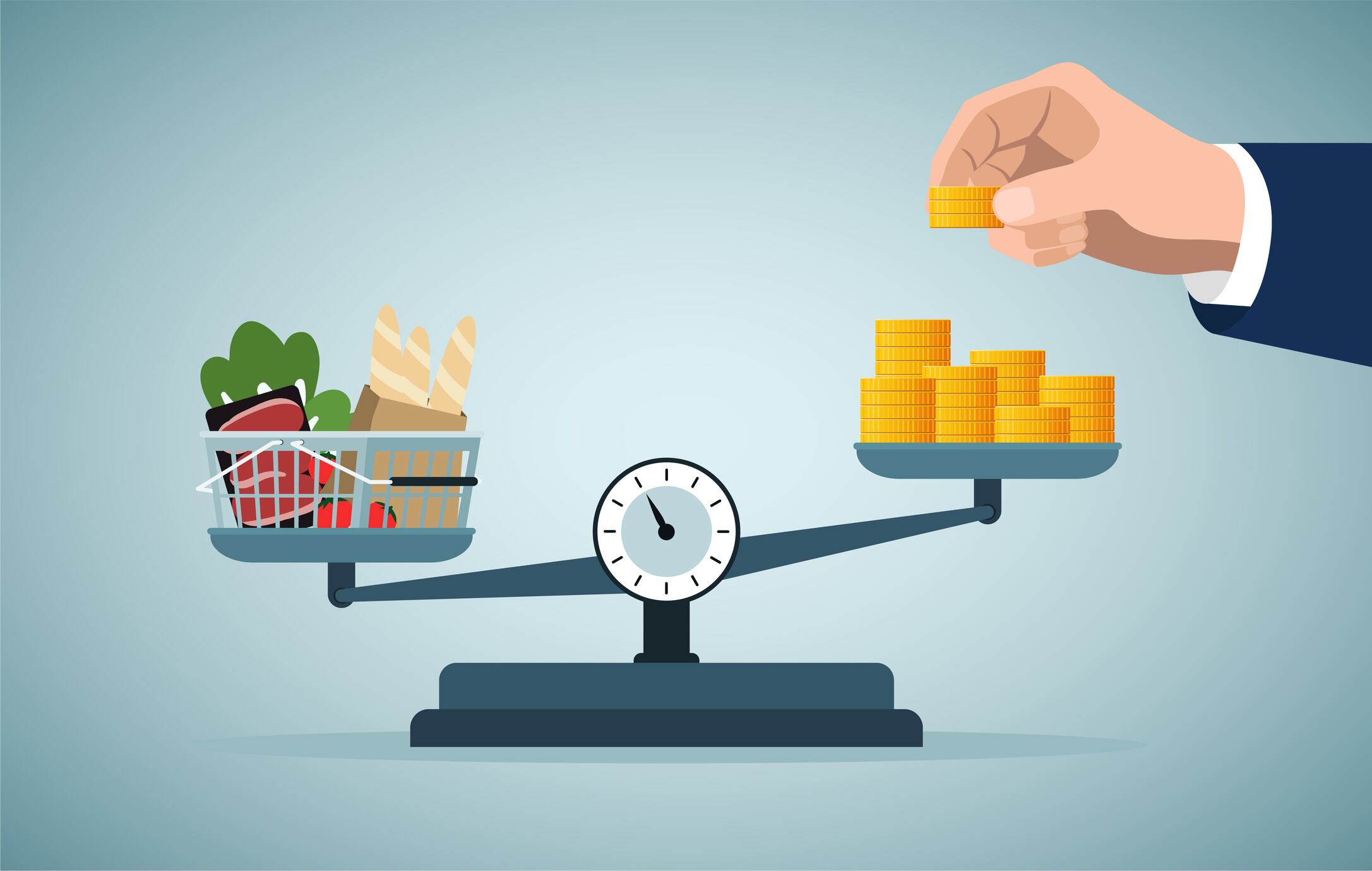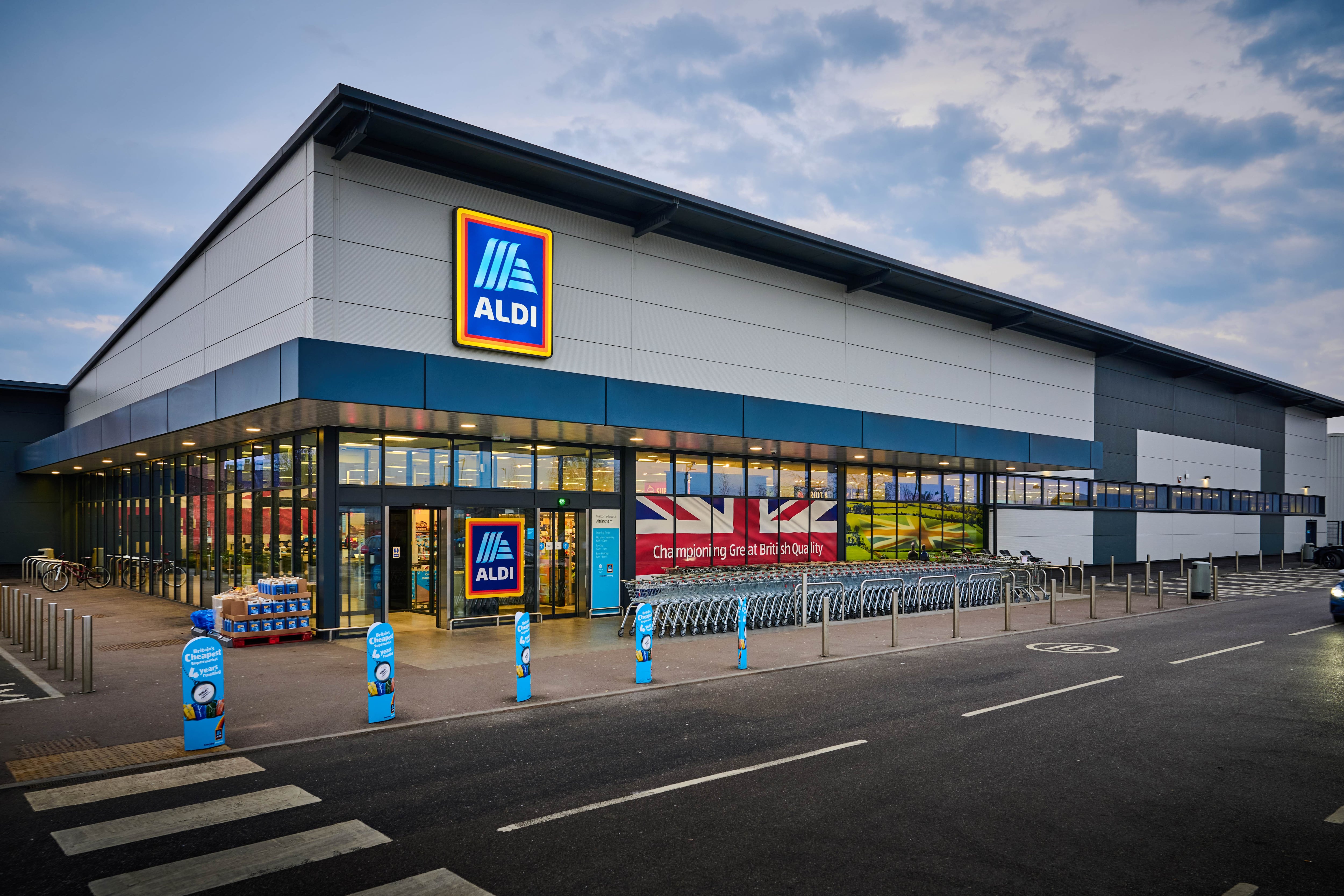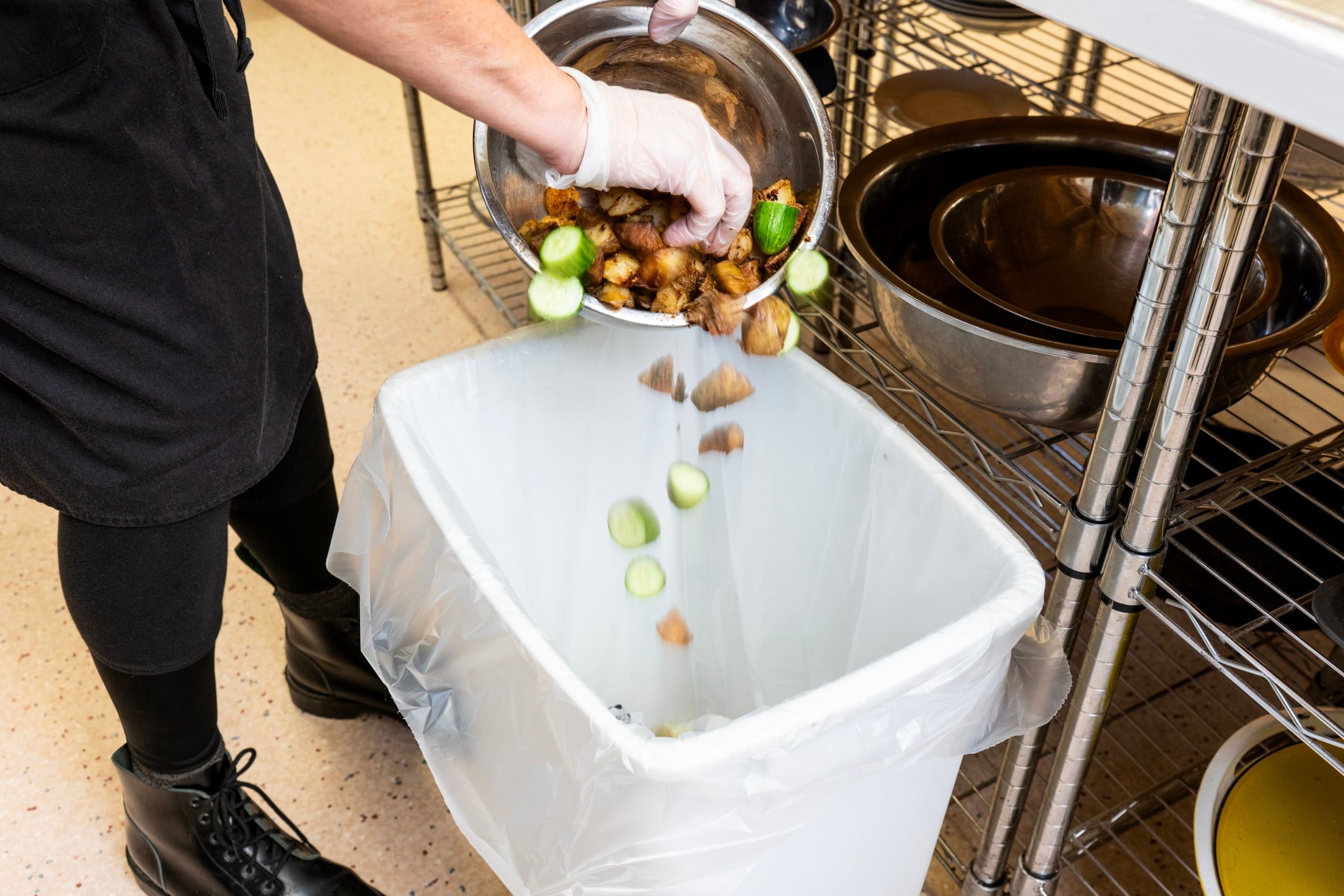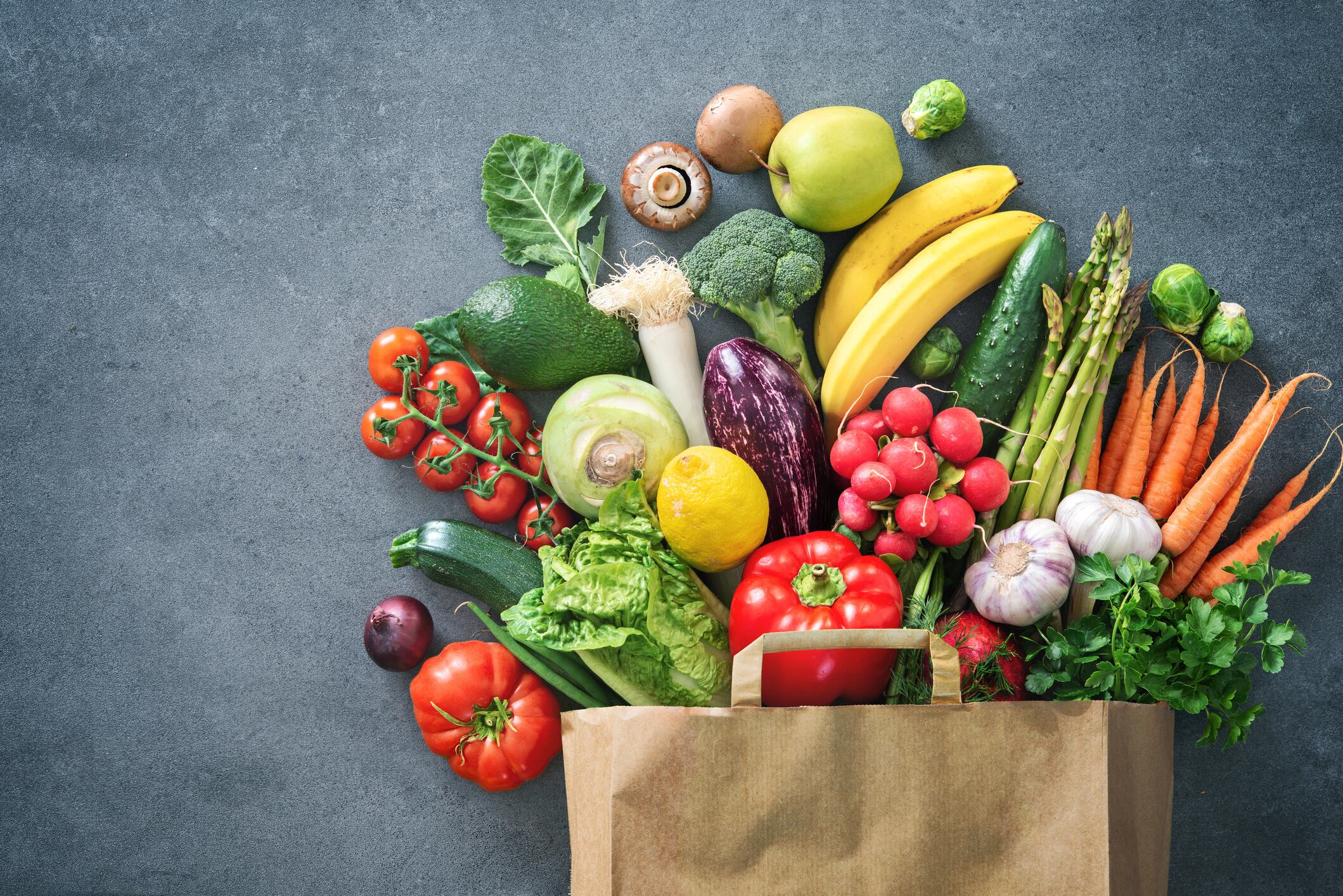December could see food and drink inflation reaching 5.7%, warns the Food and Drink Federation (FDF). This is up from its initial forecast of 4.8%.
Between July 2020 and July 2025, food and drink prices rose 37%. This is significantly higher than overall UK inflation, at 28%. Within food, milk, cheese and sugar witnessed the sharpest rises.
| January 2020 price | July 2025 price | % increase | |
|---|---|---|---|
| Whole milk | £1.15 per 4 pints | £1.68 per 4 pints | 46% |
| Sugar | £0.72 per kg | £1.12 per kg | 56% |
| Cheese | £6.90 per kg | £9.01 per kg | 31% |
| Flour | £0.68 per 1.5kg | £0.81 per 1.5kg | 19% |
At first this had been driven by increasing production costs. From 2020-2023, agricultural commodity prices rose by 51%, while UK gas prices quadrupled. While most of these costs stabilised last year, food and drink inflation has continued to remain well above the average rate.
The rate of rising food prices in the UK has also outpaced other European countries. By July, UK food inflation stood at 4.9%, compared to 1.8% in France, 2.7% in German, and 2.8% in Spain.
The FDF argues that this represents the impact government regulation and policy decisions have had on UK F&B manufacturers. This includes changes to employer National Insurance Contributions and Extended Producer Responsibility (EPR), estimated to cost the food and drink sector an annual £410 million and £1.1 billion respectively.
“Food and drink inflation has been climbing steadily all year, with no sign of easing. Looking at the longer-term picture, today’s prices are steeper than anything in recent decades. The five-year average is running at more than double the rate seen between 1990-2010,” commented Dr Liliana Danila, lead economist at the FDF.
“Inflationary spikes between 2020 and 2023 were driven by geopolitical shocks which created supply chain disruptions and sharp rises in energy and raw ingredients. With most of these costs now stabilised, this new inflation surge is fuelled by the financial impact of domestic policies, now trickling down to supermarket shelves.”
Food producers have been absorbing the brunt of the rising costs over the last few years. The average production costs rose 6.3% in 2024. However, prices have now trickled down to supermarket shelves, with households spending around £70.50 a week on food and drink – nearly double the £38.50 spent on energy. The FDF has said this underscores the weight these price rises will have on households who cannot easily cut back on this essential spend.
“UK food price inflation is running persistently high. It’s an outlier against comparable European economies and it’s persisting in the absence of energy or commodity shocks. The costs are such that companies can no longer absorb them and are having to pass at least some of them onto consumers,” said Karen Betts, chief executive at the FDF.
“As this Autumn’s Budget looms, it’s critical that government does not add further to the already high costs of regulation in our sector. We’ve been hit by rising taxes, employment costs, and a new packaging tax. We’re calling on government to help us turn this tide by partnering with industry to attract investment, accelerate productivity growth, boost skills, and grow exports across our sector. This will help counter inflation and secure a more resilient future for UK food and drink manufacturing.”
The FDF has previously stated that stable regulatory guidance from the government will be essential in ensuring positive momentum, estimating a $14 billion untapped opportunity for the sector.
Supportive action government can take
It contends that this could be unlocked with policies that incentivise investment into food and drink production, such as supporting further adoption of technology and automation, as well as the transition to a higher skilled workforce by delivering on the flexibility promised in the Growth and Skills Levy.
It adds that the Government must also keep control of existing cost pressures, for example by ensuring that the £1.1 billion for the EPR scheme is used to boost recycling rates and current rates, such as the Soft Drinks Industry Levy, are not increased.
The federation has also reminded the Government to ensure the industry’s interests are represented as negotiations for a new trade agreement with the EU continues.





